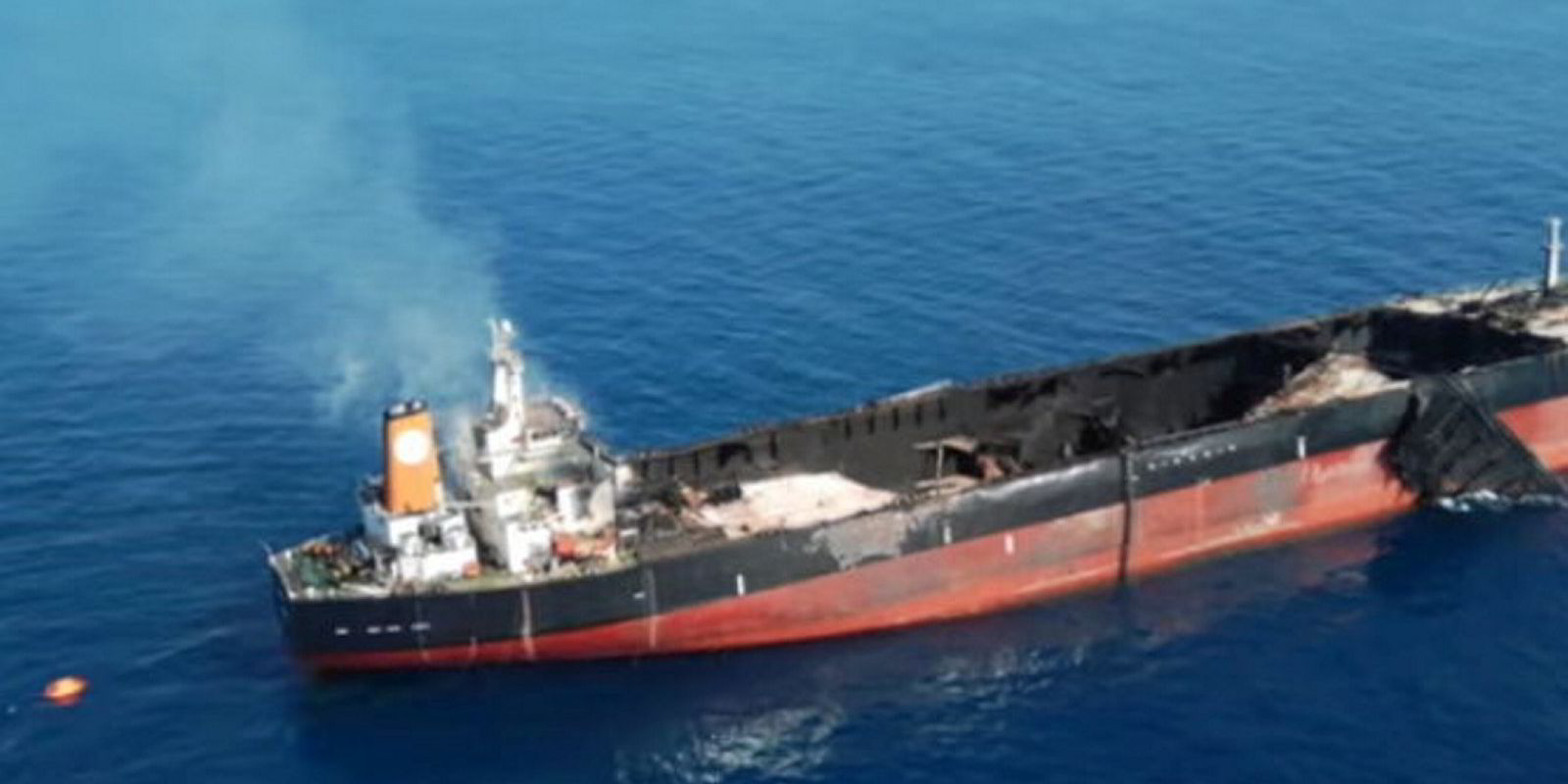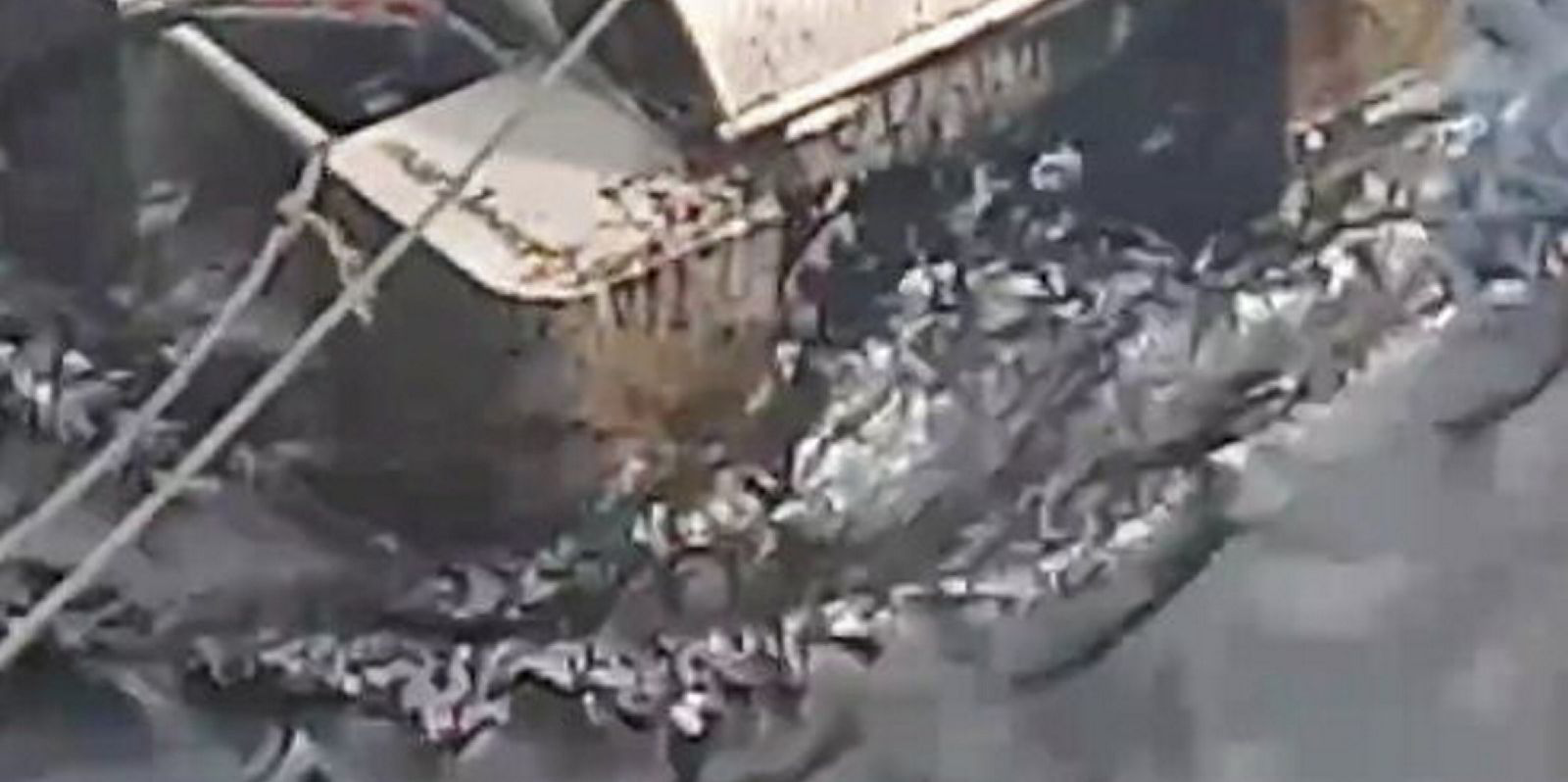Signatories to the main oil pollution liability conventions should be enforcing strict insurance requirements on the growing “dark fleet” of tankers to reduce the risk of an environmental disaster, according to a leading industry figure.
Gaute Sivertsen, director of the International Oil Pollution Compensation Funds (IOPC Funds), said that port and flag state signatories to the International Maritime Organization’s International Convention on Civil Liability for Oil Pollution Damage (CLC) had a responsibility to act against ships without valid insurance.
“We have encouraged flag states to ensure that ships are properly insured and for port states to conduct proper port state control,” he said.
Flag states, in accordance with the [CLC], are obliged to ensure that a ship has proper insurance and the same goes for the port state...
— Gaute Sivertsen
“Flag states, in accordance with the convention, are obliged to ensure that a ship has proper insurance and the same goes for the port state, they are obliged under the convention that any ship, wherever it is registered, entering the ports is properly insured.”
Sivertsen’s comments come following the massive explosion on the 96,800-dwt tanker Pablo (built 1997) off the coast of Malaysia.
No oil pollution was caused by the incident and the ship’s insurance status is unclear.
It is the latest incident to raise industry concerns that an oil pollution disaster could be in the making if a dark fleet tanker, without valid insurance, is involved in a major casualty.
The Pablo was registered in Gabon and was expected to sail to China. Both countries are signatories to the CLC and in a position to enforce the insurance requirement.
IOPC Funds collects a levy from oil-importing countries to pay pollution compensation for oil spills above the shipowner and its insurer’s limitation of liability.
If a tanker which is uninsured — or is covered by an insurer incapable of paying — was involved in a major spill, then IOPC Funds is likely to be on the hook for the full cost of pollution compensation.

IOPC Funds would likely have to pay both the first tier of compensation, which is usually covered by the shipowner and its protection and indemnity insurer.
Sivertsen said the lack of adequate insurance, particularly in the small tanker sector, has been an issue for the shipping industry for some time but a growing sanctions network has been increasing the risk.
Negative side effects
“We are not commenting on the sanctions per se. All we are saying is the sanctions are well intended, but they have some real negative side effects, and that is increased safety concerns and of course concerns around insurance and potential lack of insurance,” he said.
Commenting on the growth of the dark fleet Sivertsen said the IOPC Funds needs to protect the interests of member states and contributing states: “It puts us all at risk — the member states and the contributors, we’re like an insurance company but now with an increased risk profile and without the means to mitigate the risk,” he said.
One idea Sivertsen is keen on is to create a quality standard for P&I insurers who are not members of the International Group of P&I Clubs.
The recent establishment of an association of fixed premium non-International Group insurers called the Association of Commercial P&I Insurers could be one way to provide such a standard.
“The non-IG group is big, with good players and some not-so-good players. It’s difficult for people without intimate knowledge of the different companies [to know] which are the reliable ones, and which are the less reliable ones. This association will make that easier and we are supportive of the establishment of the association,” he said.






